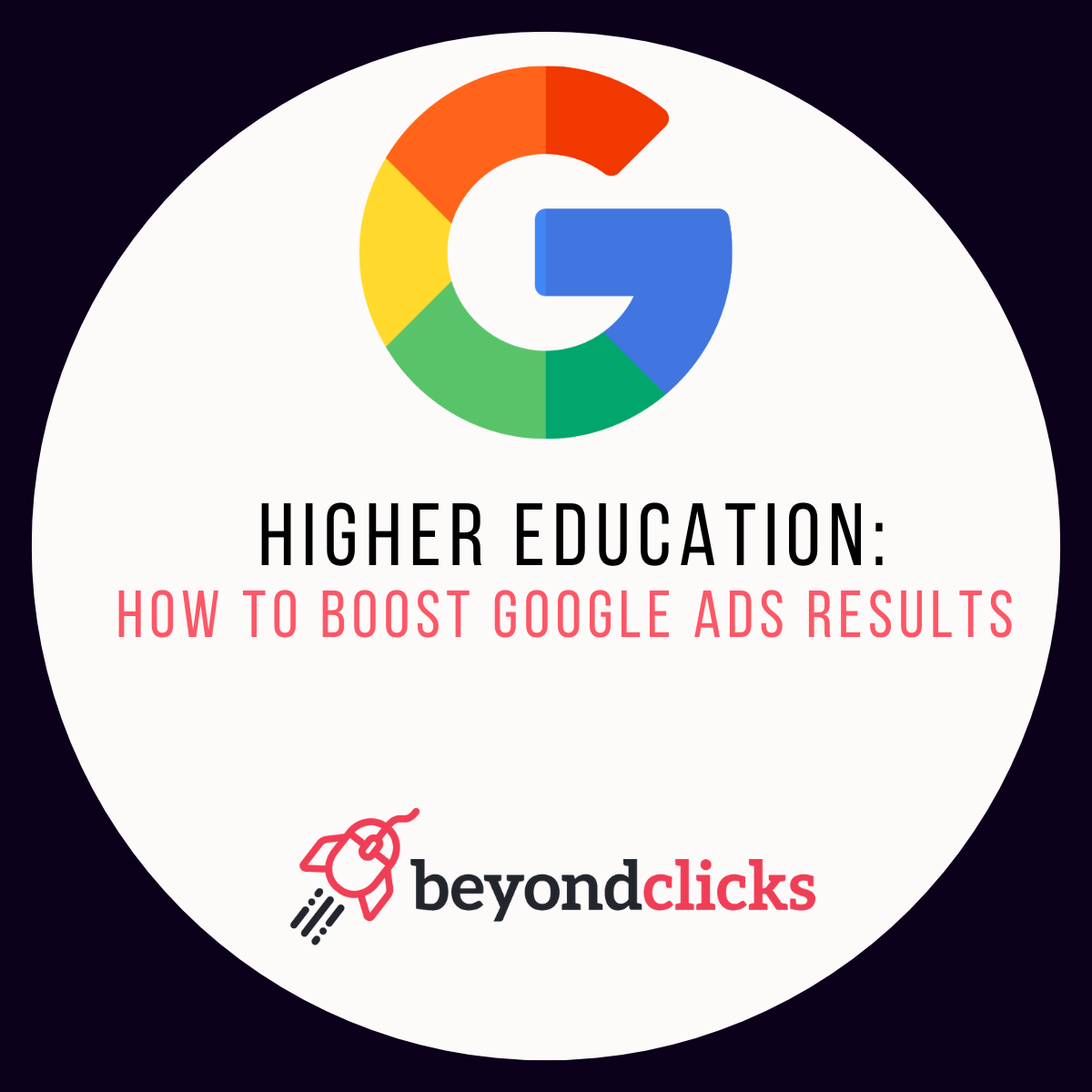Google keywords relating to higher education are expensive.
Thankfully, as insurance specialists we are familiar with this scenario and have the knowledge to overcome the same hurdle in the higher education sector.
Firstly, the higher education search is a long road. It is not always a simple conversion so this must be accounted for when using Google Ads. This starts with ensuring the conversion window is set correctly.
Did you know what you wanted to do or where you wanted to go to university/college at 18?
If not, you are certainly not in the minority. So many individuals are influenced by what their friends are doing or what their parents intend for their further education.
These impressionable characteristics also mean that students could be persuaded/converted more easily using PPC. Providing of course that your ads are built to drive engagement and appeal to the individual during their decision-making process.
Another consideration is that unless individuals have their higher education/career path mapped out, the course title you are offering won’t necessarily be the sole appeal for them. Students will naturally factor in their own interests and desires for example near a beach, good night life and historic towns etc.
Another consideration is should you bid on your own brand terms?
Why do advertisers do it? Because costs are low, CTR’s are high due to higher quality scores and it prevents competitors bidding on your brand.
Remember though that students already attending your school/college/university are still going to use Google to navigate to your site. Whilst this is true of any brand or product, it is essentially wasting your budget if staff and existing students and parents use Google to navigate to your site in this way.
As we’ve mentioned, higher education search is notoriously expensive so prioritising your keywords effectively is key to achieve a better return on investment.
Here are some of our top tips for using PPC in higher education:
1. Define the target audience:
It’s important to identify the characteristics of the students that you are trying to reach e.g. location, age, interests and academic goals. This will enable you to create targeted ads that are more likely to appeal to potential students.
2. Use long-tail keywords:
These are more specific phrases which have a lower search volume so are less competitive yet more likely to convert.
3. Introduce negative keywords:
Adding these will exclude searches that are not relevant to your products or services.
4. Make full use of Ad Extensions:
By adding additional information to your ads such as location, additional links, amenities you have more chance of attracting the right students based on their interests.
5. Create compelling ad copy:
Universities should create ad copy that is informative and compelling. It should highlight the benefits of your courses offered and always include a call to action such as ‘Apply Now’ or ‘Learn More’
6. Test different ad copy executions:
Experiment with different ad messaging to see what resonates best with your audience. At Beyond Clicks we use tools such as Google Optimise to make informed decisions about our campaigns.
7. Retargeting is a must:
Retargeting allows you to show ads to those that have already visited your website which will increase brand recognisability and encourage them back to your website to enroll.
8. Lastly, monitor and optimize the campaign:
Universities should regularly review their PPC campaigns to see which ads are performing well and which are not. Optimising will include targeting, bids and changes to ad copy.
PPC is a must for universities to attract new students and promote their programs. However, it is so important to target ads and monitor the performance closely. Our biggest recommendation is to test test test, whether this is your ad copy, keywords, landing pages, these are essential to effectively reach your desired audience and achieve your goals.
If you need help with your digital marketing, please get in touch and we can help.
